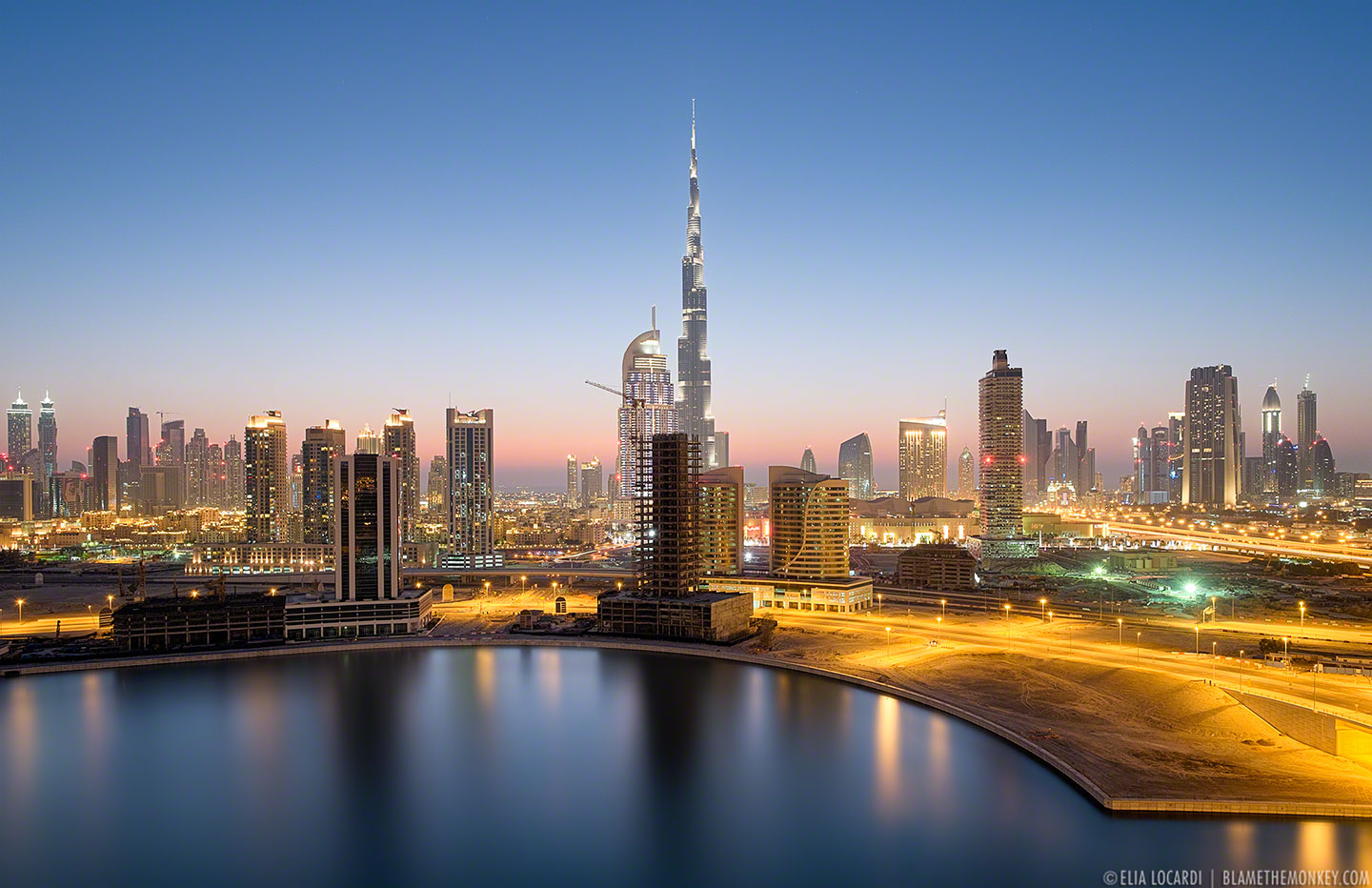Burkina Faso Wracked by Escalating Violence
DAKAR, Senegal — A mission to rescue kidnapped tourists that went fatally awry. A church burned to the ground, the priest shot at Sunday Mass. A day later, another attack; four more Christians dead.
The fury that hit Burkina Faso this month left a dozen people dead and laid bare the yearslong unraveling of a once-stable country.
It is now wracked with near-daily violence from extremists pouring over its northern border with Mali and Niger, restive farmers and herdsmen battling for land, and militias bent on vengeance for each attack.
And as violence by Al Qaeda and violent groups tied to the Islamic State has moved from Mali and Niger to Burkina Faso, fears are rising that the unrest could spread even farther south, putting the entire Gulf of Guinea at risk.
The terrorists appear to have shifted their goals from stoking conflict between farmers and herders to inducing a similar divide between Muslims and Christians, Burkina Faso’s president, Roch Marc Christian Kaboré, said recently.
“These terrorists have reorganized their way of operating,” Mr. Kaboré told a conference of Christian leaders in the capital, Ouagadougou, on Tuesday, according to local news reports.
“They have developed their mode of operation,” he said, “seeking first to create an intercommunity conflict, and today an interreligious conflict.”
On April 29, gunmen killed a Protestant pastor and five parishioners. On May 12, six Catholics were shot to death and their church burned. The next day, four other Catholics were killed.

On May 10, two French soldiers died in a French-led military operation to rescue four tourists, including one American, who had been kidnapped 10 days earlier in neighboring Benin and taken by their captors though Burkina Faso en route to Mali.
Attacks against civilians were once rare in Burkina Faso, a landlocked country of about 20 million people, about 60 percent of whom are Muslim and 30 percent Christian.
In 2015, it was a model of stability for the region when after nearly 30 years of semi-autocratic rule by President Blaise Compaoré, the country held peaceful, democratic elections to select Mr. Kaboré as its next president.
But the next year was scarred by violence when Al Qaeda militants attacked the Splendid Hotel in Ouagadougou, a place frequented by United Nations personnel and foreigners. Twenty-eight people were killed and more than 50 wounded.
Since then, militants from Mali and Niger have made incursions into Burkina Faso, bringing an ideology of secular intolerance and violence with them.
Hundreds have been killed in the past several years, and over 1,000 schools have been closed.
The violence is escalating: In the first quarter of this year, 186 people were killed, with more than 100 still unaccounted for, according to the United Nations, compared with 208 confirmed deaths last year.
“The trend is clear,” said Metsi Makhetha, the United Nations’ resident coordinator in Burkina Faso. The country had a successful democratic transition in 2016, and it had the political will and effort to put the country on the path towards a shared prosperity.”
“But this optimism, three years later, is at risk,” she added, “as the country has to grapple with an unprecedented humanitarian emergency.”
Adding to the violence are skirmishes over land between the country’s farmers and roving herders — a regional issue — as resources grow scarce because of climate change.
Terrorists have capitalized on and inflamed the breaches, which often pit local militias against one another. For the terrorists, the resulting destabilization is a recruitment tool.
Conflicts in Burkina Faso have now displaced over 170,000 people in the country, according to Ms. Makhetha of the United Nations, with 900,000 in need of urgent humanitarian aid.
Yet people there stress that despite the recent attacks, they believe their country remains tolerant. The violence, they say, is an imported scourge, born of an extremist reading of the Quran with roots in the Arab world that has bled over from their war-torn neighbors.
“In the villages and towns of Burkina Faso, the faithful of these two religions cohabit and have always lived together without problems,” said Boureima Salouka, a journalist for Africanews Télévision, who believes that the strict, anti-Western version of Islam that Wahhabi extremists have increasingly pushed has not taken hold.
“That is why they proceeded with violence committed against the Muslims who are not of the same opinion as them, and now the other religions,” Mr. Salouka said. “They want to create widespread chaos.”
Particularly troubling about the recent spate of brutality is that the region of the attacks was seen as a safe haven for those fleeing extremism. The village of Dablo, where the attacks occurred on the Sunday, had been a refuge for about 9,000 displaced people, according to the United Nations.
Five years ago, Burkina Faso joined Niger, Chad, Mali and Mauritania in a military effort to fight extremism. The initiative is backed by the United Nations and supported by Western powers, including France, which has deployed about 4,500 troops across the region.
United States military officials, citing security concerns, would not say how many American troops are in the region, but said there were 7,000 American troops across Africa. In 2018, President Trump announced plans to pull out some of those troops.
In 2018, the United States provided $69 million in military and law enforcement assistance to Burkina Faso, military officials said.
Albert Ouédraogo, a professor at the University of Ouagadougou, said that even if Burkina Faso quashes the extremists, the battle cannot be won without a similar commitment by its neighbors, many of which are poor and lack preparation for such a mission.
“Burkina Faso can fight and kick these groups out of it borders,” Professor Ouédraogo said. “At the end they will go on to destabilize other countries.”























